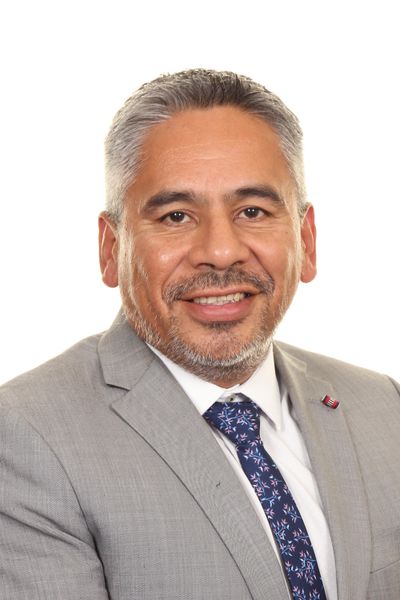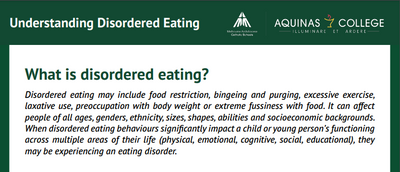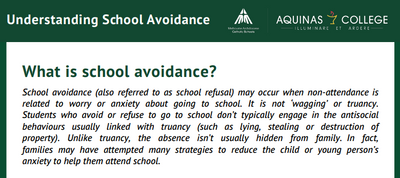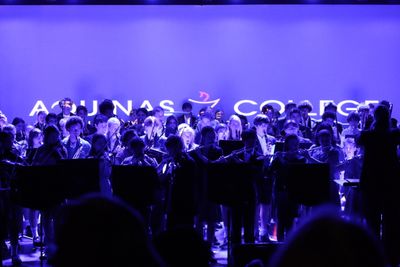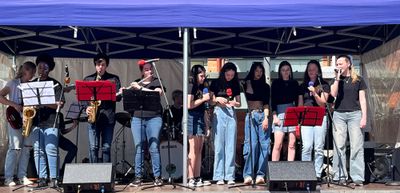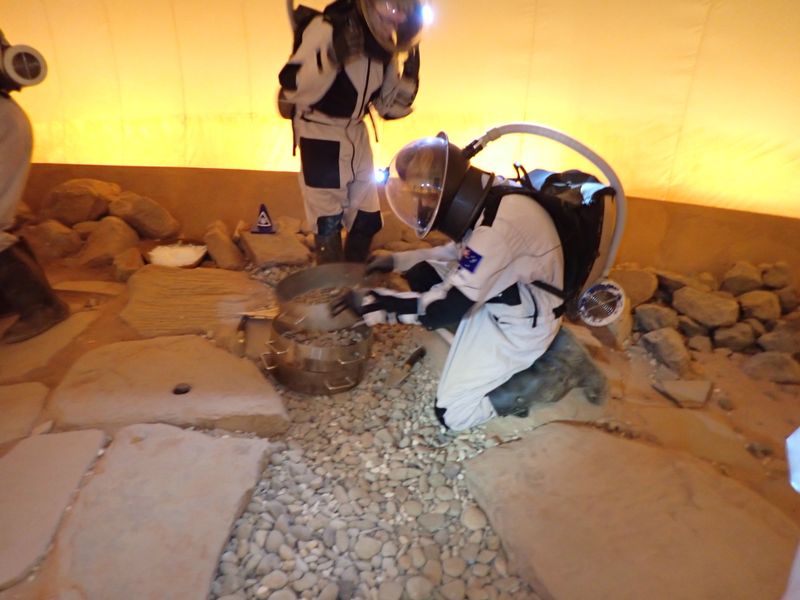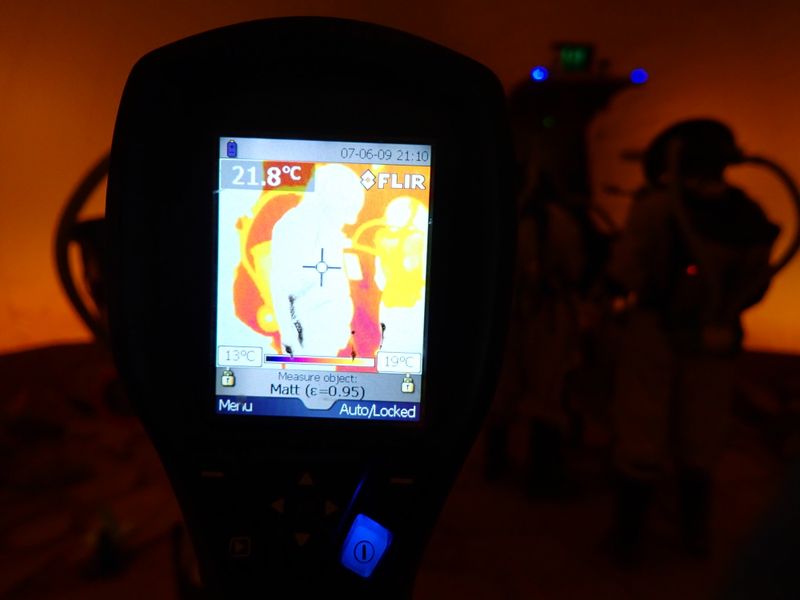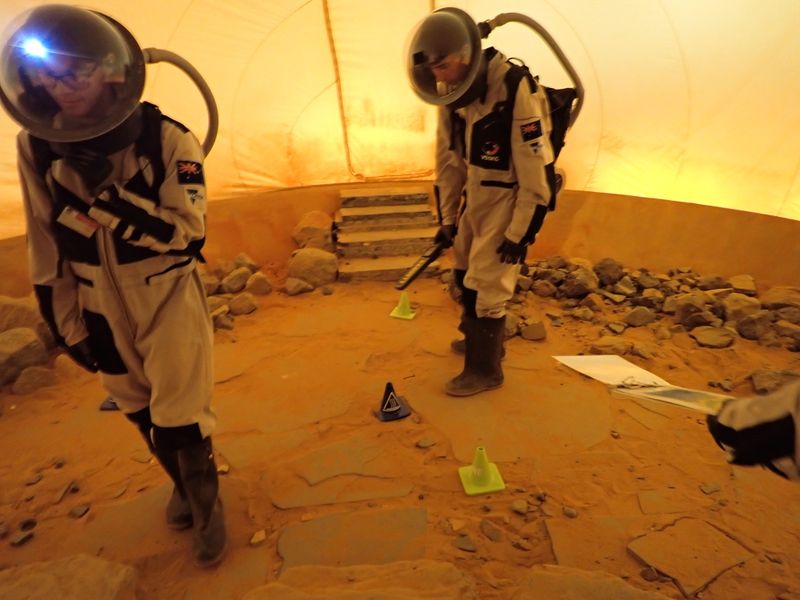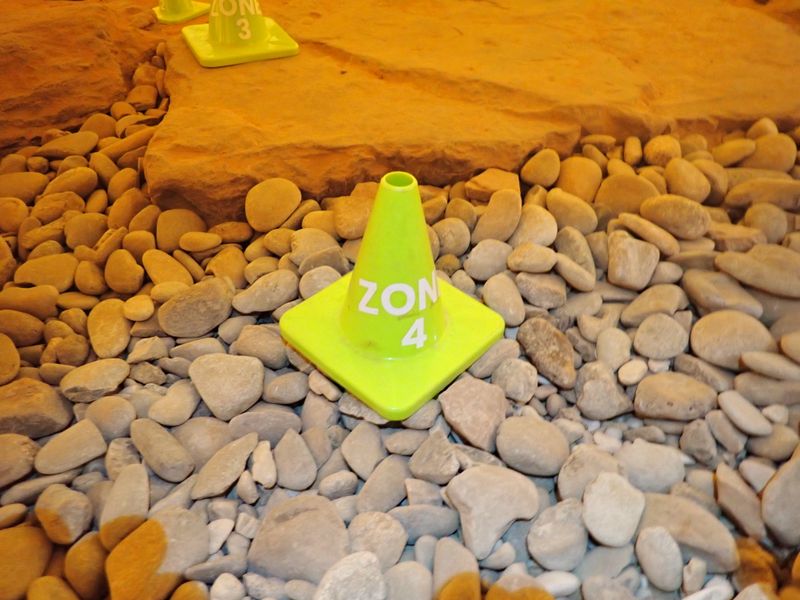From the Principal

’Tis the (exams) season
As this edition of the Lighthouse is being published, our Year 12 VCE students have just concluded their second week of exams. Our Year 11 VCE and Year 10 students are only a week and two weeks, respectively, from starting their examination periods. While these are a concentrated period of assessment, they should be the culmination of 6 (or 12) months of preparation and study. While debates have raged for many years about the benefits and drawbacks of exams as a form of assessment, the realities of many occupations are that times for quick decision making and detailed responses to urgent tasks are commonplace. The pressures of an exam situation help us to distil knowledge and skills learnt over a long period to determine which are most appropriate to apply under a pressure situation. I’ve met only a few who relish the months of study to prepare effectively - there’s always a more entertaining distraction - but as E.M. Gray notes:
"The successful person has the habit of doing the things failures don't like to do.
They don't like doing them either, necessarily.
But their disliking is subordinated to the strength of their purpose.”
Remembrance Day
Next Monday 11 November our College will commemorate Remembrance Day. This year marks the 110th anniversary of the start of the misnamed ‘War to End All Wars’.The Gospel from Luke (17:3-4) on Monday includes Jesus’ words to the disciples
'If your brother does something wrong, rebuke him and, if he is sorry, forgive him. And if he wrongs you seven times a day and seven times comes back to you and says, "I am sorry," you must forgive him'.
It is testimony of the society we are privileged to live in that so many have come to Australia or are descended from those considered to have done ‘something wrong’, i.e. from ‘enemy’ nations in wars across the last 110 years.

I grew up in the post-Vietnam War era where popular songs about the tragedy of war were commonplace, from ‘And the Band Played Waltzing Matilda’ to ‘I Was Only 19’, ‘Khe Sahn’ and the much-misunderstood ‘Born in the USA’. Each of these laments both the tragedy of war and the struggles faced by returned service persons adjusting back to ‘civilian’ life. This poetic tradition is as ancient as war itself. At each remembrance service the Ode of Remembrance is recited to commemorate those lost in war:
They shall grow not old, as we that are left grow old:
Age shall not weary them, nor the years condemn.
At the going down of the sun and in the morning
We will remember them.
While most of us will be familiar with this stanza, the Ode is just one stanza from Laurence Binyon’s : I encourage you to read the full poem at
War is always tragic and it is important for us to take the time to stop and remember those who have served to stop aggression and preserve peace, democracy and human rights, and to pray for peace for those currently suffering due to war.
David Broadbent
Principal
